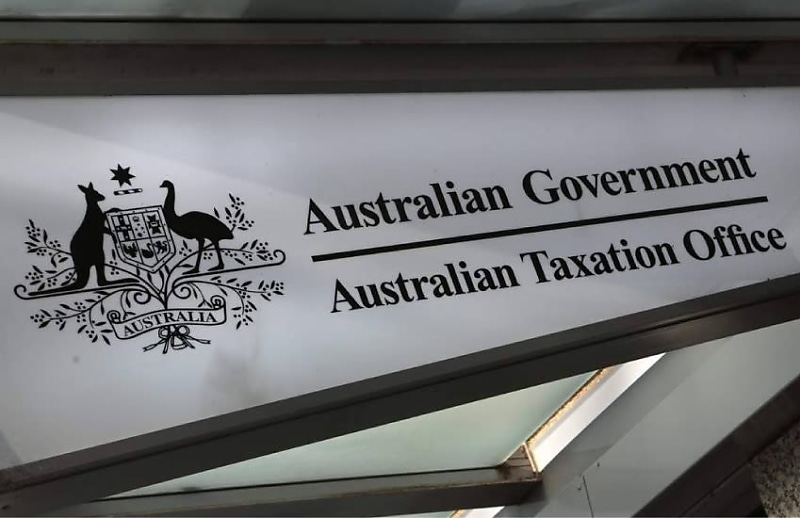Tax practitioners warned on emerging issues with family trust elections
TaxA tax specialist has flagged some of the practical problems arising with family trust elections and family trust distributions tax with the ATO increasing its scrutiny in this area.

Knowledge Shop has warned accountants that the rules relating to family trust distribution tax (FTDT) and family trust elections can be far more restrictive and complex than many practitioners realise.
Michael Carruthers, tax director for Knowledge Shop, said the education provider is noticing a growing number of problems in this space, which can be difficult to fix once they arise.
In an update last week, the ATO warned tax professionals that it was seeing an increase in FTDT issues due to inadequate record keeping, succession planning, intergenerational expansion of businesses and evolving private groups.
Carruthers said there are a number of common practical issues occurring in this area which are exposing clients to potential tax liabilities.
In some situations, the individual nominated as the specified individual for some trusts that have made family trust elections (FTEs) has died. This prevents them from being used as the specified individual for any new FTEs in the broader family or economic group, he explained.
"This means that you can easily end up with trusts that form part of the same economic group but have FTEs with different specified individuals, significantly increasing the complexity of dealing with the group and increasing the risk of FTDT being triggered," Carruthers said.
Issues can also arise where two individuals who already control their own trust with an FTE in place start a relationship.
"The FTEs will normally have different specified individuals. Again, this increases the complexity and risk associated with distributions made by these trusts," Carruthers said.
The education provider said there are also other types of arrangements that can trigger issues when distributing to companies within the broader economic group.
"[For example], if Trust A has a FTE with Individual A as the specified individual and Trust B has a FTE with Individual B as the specified individual this can have a flow-on impact when distributing to companies within the broader economic group," Carruthers said.
"If Trust B owns all the shares in a company then the company would normally be part of the family group of Individual B, but it is unlikely to be part of the family group of Individual A, even if Individual A and Individual B are closely related to each other."
Where a company has different classes of shares, this can also make it much more difficult for the company to be part of the family group, even if the shares are all held by the specified individual or their family members.
While interposed entity elections can sometimes help manage these situations, he said, they don't necessarily fix every problem that arises.
"Also, the rules allow the specified individual in a FTE to be varied in some cases which can help deal with certain scenarios, but the rules are limited."




